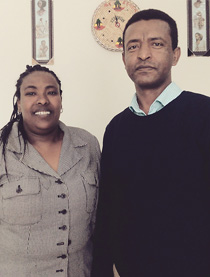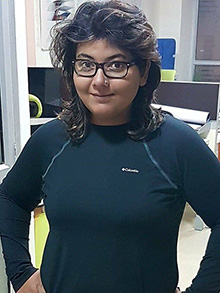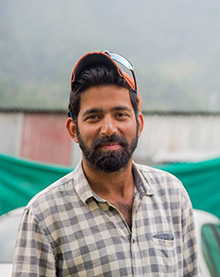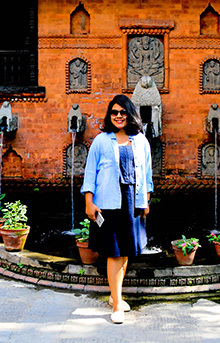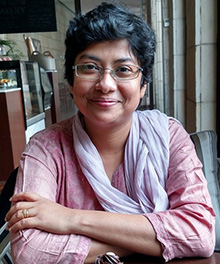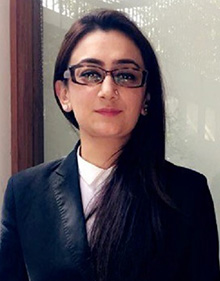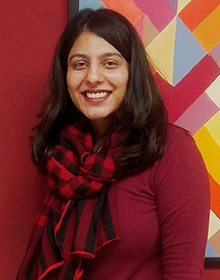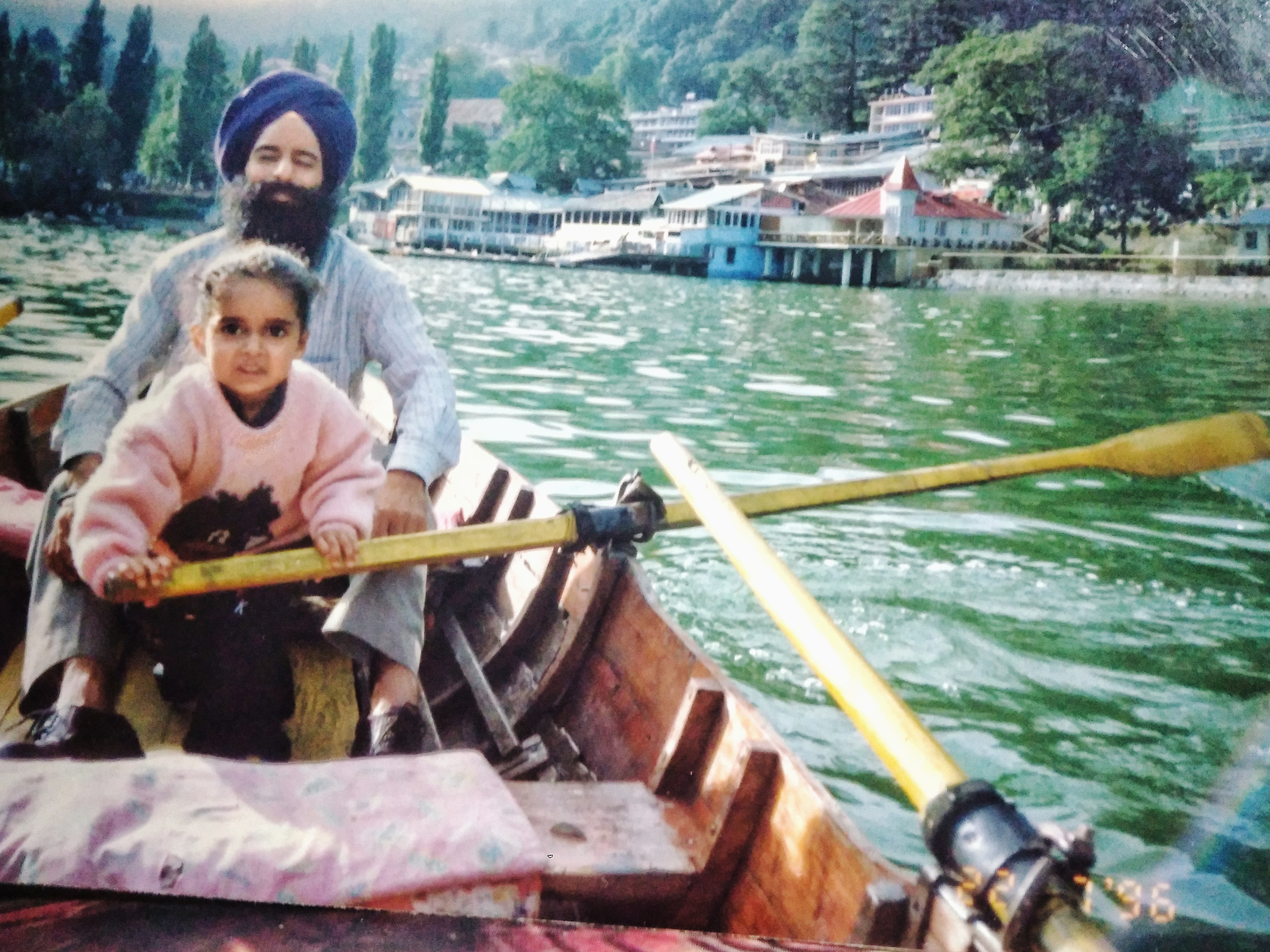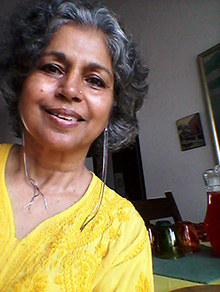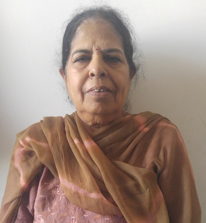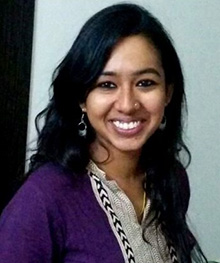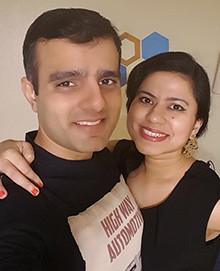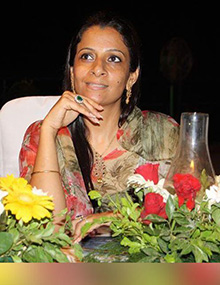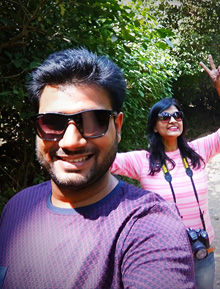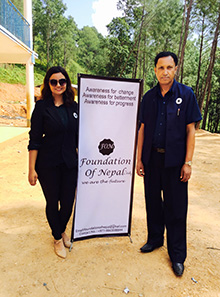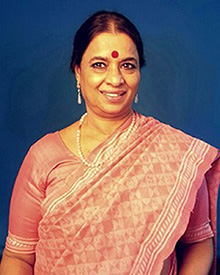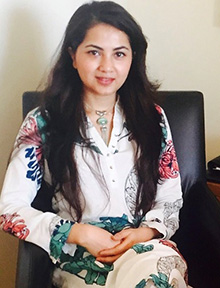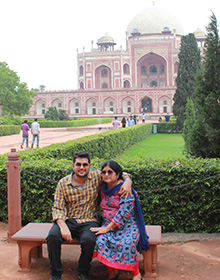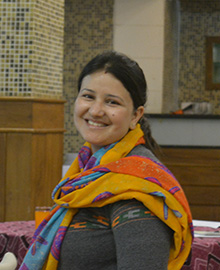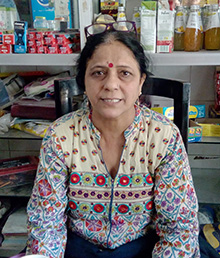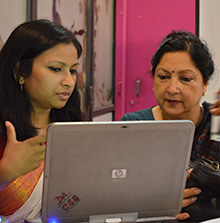
Sharda Vishwanathan
Chief Operating Officer - REF and Founder - Tale WeaversLet women walk the talk
Gender parity cannot be achieved unless we mainstream gender and promote representation of women at all levels and across sectors- public, private, corporate or at the community level.
Gender equality is an important ingredient and key to sustainable development. And the tourism sector is no exception to this rule. Whether it is reducing the gender gap in wages or bringing more women into the board rooms and increasing their representation across the echelons in the industry, sustainable tourism will not be complete without achieving gender equality.
It comes as no surprise when you hear that in most regions of the world, women make up the majority of the tourism workforce. According to the International Labour Organization, the global tourism industry generates nearly a tenth of the world's gross domestic product, but gender inequality remains widespread in the sector.
The Global Report on Women in Tourism recognises that women in tourism are more likely to be employed in clerical positions as compared to men who are better represented at the higher levels in the industry. Further, the report also acknowledges that majority of women end up performing unpaid work given that most tourism companies are family-owned businesses.
In the recent years, homestays, cultural-immersion experiences and engaging with communities and experiencing the local lifestyles are all becoming an increasing part of one’s travel experiences. Thus, there are ample of formal and informal opportunities through which women become a significant labour force in the tourism industry. However, it is not uncommon to see that women end up performing duties such as housekeeping that relegate them to the domestic sphere, while men are often in-charge of decision-making and assume the primary role of tour operators. It thus, becomes imperative to institutionalise and recognise the informal opportunities in ecotourism as a huge driver in empowering women but also as an alternative to traditional tours that are often male-dominated. Here, I would like to share my experience in Vietnam. A beautiful, welcoming and colourful country, Vietnam is every tourist's’ delight. A major part of touring around Vietnam is meeting the different tribal communities and understanding their culture and lifestyle. While most of the hotels do include this as part of the itinerary they offer, it is not uncommon to find women from the different communities offering hikes and tours to their villages. But as it is part of the informal sector, charges are not regularised and the final rate depends on how well they are able to bargain and get a convincing price. Thus, there are chances that they don’t get paid what they should ideally be and in the process them getting exploited. However, if women in these communities are offered training and their services as tour operators come to be formalized and mainstreamed as part of policy-making, it will act as a catalyst in creating a community of women micro-entrepreneurs in ecotourism.
Kiroyera Tours in Tanzania is a great example of this. With women as the tour guides, the 14-day trip is planned in a way that tourists get to see Tanzania through the eyes of its women. Through this initiative they not only promote women as micro-entrepreneurs but also bring forward the narratives of women. Another significant example would be the trekking company established by the Chettri sisters in Nepal that trains girls and women as trekking guides in an otherwise male dominated sphere.
There is no doubt that there are numerous civil society initiatives working to address the issue of gender inequality in tourism. While, tourism is considered to be that one industry where women hold more ministerial positions than in any other field, nevertheless, only one in five tourism board (NTAs) CEOs are women, and only one in four tourism industry associations have a woman chair. Is this gender parity? Clearly not. Gender parity cannot be achieved unless we mainstream gender and promote representation of women at all levels and across sectors- public, private, corporate or at the community level. We must also put in place training and development programs to help women develop their leadership abilities while promoting their participation in mainstream tourism. Further, enhancing the entrepreneurial spirit that drives ecotourism, policies must ensure that women have access to land, capital as well as training to build their own travel enterprises. It’s time we #MakeWayForHer.
About the Author
Sharda Vishwanathan is a communications professional and has extensively worked with organisations in the development sector in areas as diverse as urban planning, governance and gender empowerment. She currently heads the Outreach and Digital Media team at The Red Elephant Foundation and is the Co-founder/ Director of Tale Weavers, an initiative that aims to engage with children and the youth through stories that challenge stereotypes and break the barriers in creating a just society.








